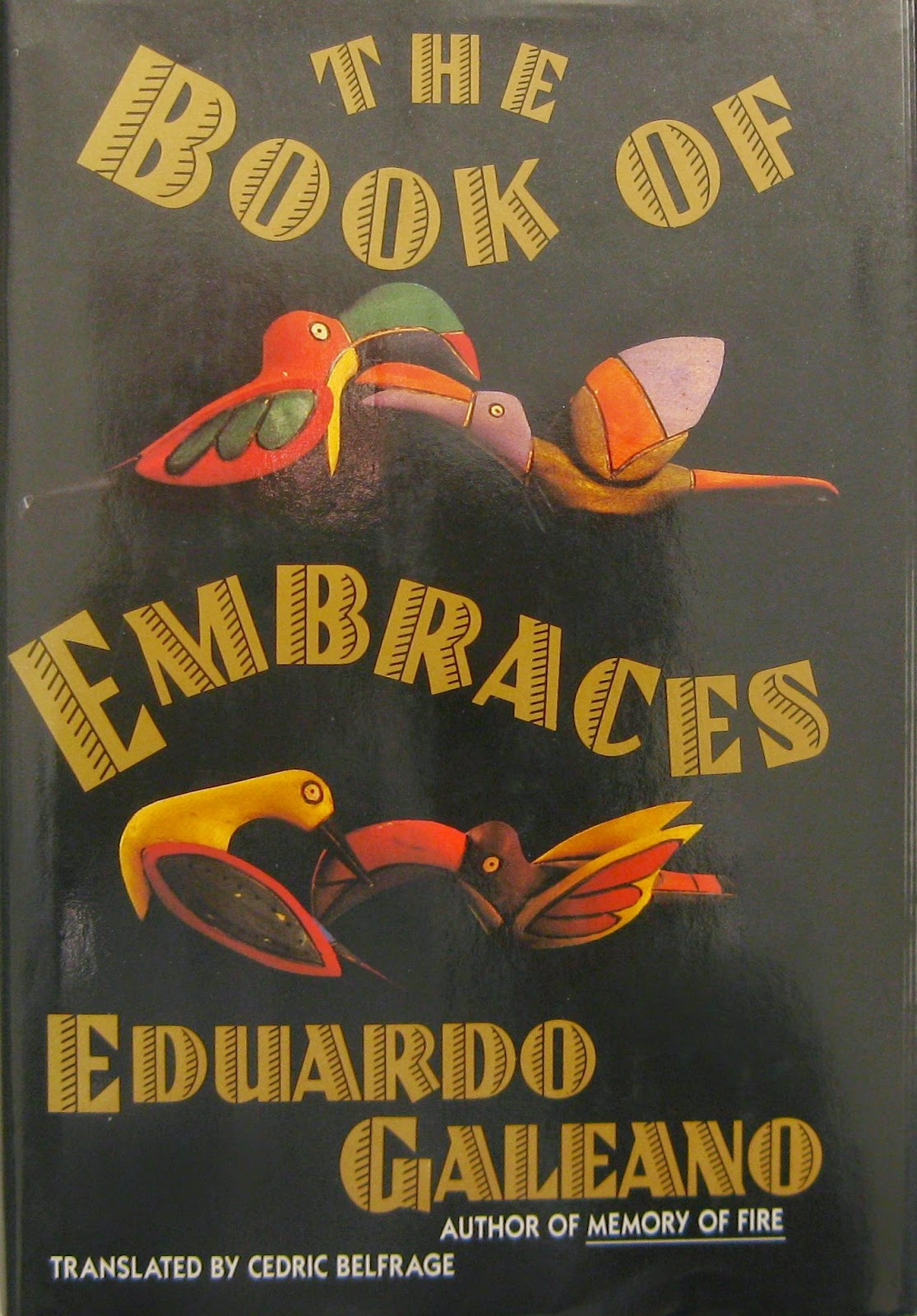Their hands were tied or handcuffed, yet their fingers danced, flew, drew words. The prisoners were hooded, but leaning back they could see a bit, just a bit, down below. Although they were forbidden to speak, they spoke with their hands. Pinio Ungerfeld taught me the finger alphabet which he learned in prison without a teacher:
"Some of us had bad handwriting," he told me. "Others were masters of calligraphy."
The Uruguayan dictatorship wanted everyone to stand alone, everyone to be no one: in prisons and in barracks and through the country, communication was a crime.
Some prisoners spent more than ten years buried in solitary cells the size of coffins, hearing nothing but clanging bars or footsteps in the corridors. Fernandez Huidobro and Maurico Rosencof, thus condemned, survived because they could talk to each other by tapping on the wall. In that way, they told of dreams and memories, falling in and out of love; they discussed, embraced, fought; they shared beliefs and beauties, doubts and guilts, and those questions that have no answer.
When it is genuine, when it is born of the need to speak, no one can stop the human voice. When denied a mouth it speaks with the hands, or the eyes, or the pores, or anything at all. Because every single one of us has something to say to others, something that deserves to be celebrated or forgiven, by others.
-Eduardo Galleano, "Celebration of the Human Voice," The Book of Embraces


Wow, what a beautiful way to pay tribute to the power of communication!
Reply DeleteI never knew how important speech and writing were, until I read Orewell's 1984, when they kept changing words and people didn't know what they were talking about anymore, rather creepy.
Reply DeleteHave to bookmark this bookie too to read in the future!